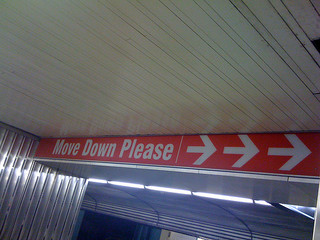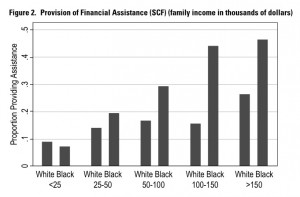
The procedure for the Marshmallow Test is simple: give a child one marshmallow, and promise them one more if they can resist the first. This test, originally conducted by psychologist Walter Mischel, is intended to measure self-discipline and future success, and is arguably one of the most well-known studies in social science research. But in a recent article in The Atlantic, sociologist Jessica Calarco argues that success never stemmed from the ability to “delay gratification” — in this case, by not eating the marshmallow — but from one’s social and economic background.
A new study replicating the marshmallow test, which also accounts for mother’s education level and household income, finds a child’s capacity for self control does not influence their achievement later on. What does matter is socioeconomic standing and the opportunities that come with it. Children of lower socioeconomic standings have fewer opportunities for success and are less motivated to wait due to the conditions of their daily lives. Calarco explains,
“For them, daily life holds fewer guarantees: There might be food in the pantry today, but there might not be tomorrow, so there is a risk that comes with waiting. And even if their parents promise to buy more of a certain food, sometimes that promise gets broken out of financial necessity.”
Amidst today’s “replication crisis,” the Marshmallow Test is just one of many classic social science studies to falter. In this case, social environment proves to reveal much more about a person and their future than impulsivity. Calarco concludes,
“The failure to confirm old assumptions pointed to an important truth: that circumstances matter more in shaping children’s lives than Mischel and his colleagues seemed to appreciate.”




